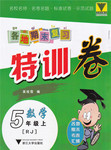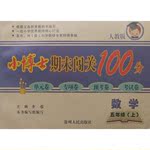题目内容
—Don't _____ our hopes. Things will be fine soon.
—Yes. We should learn to be brave when we are in difficulties.
—Yes. We should learn to be brave when we are in difficulties.
[ ]
A. cheer up
B. give up
C. clean up
D. turn up
B. give up
C. clean up
D. turn up
B

练习册系列答案
 各地期末复习特训卷系列答案
各地期末复习特训卷系列答案 小博士期末闯关100分系列答案
小博士期末闯关100分系列答案
相关题目